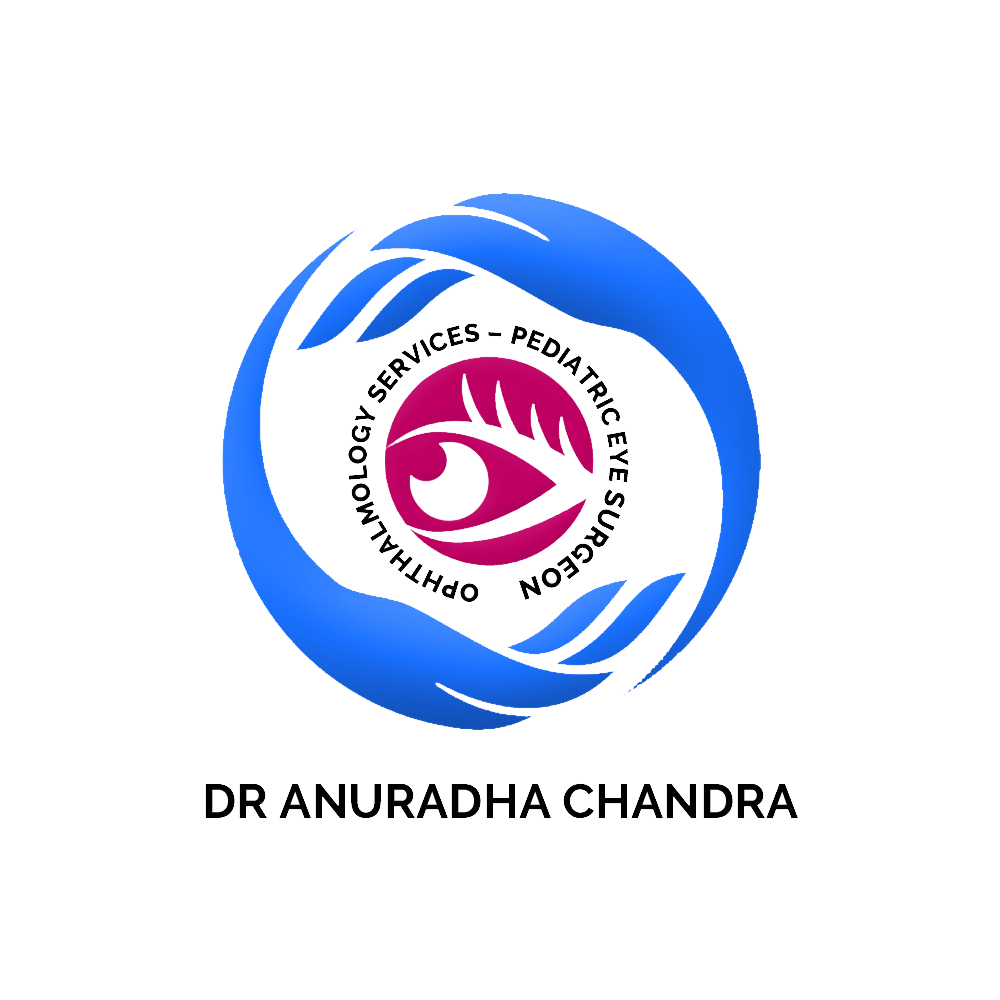Services
our Services
What We Offer for You
1. PEDIATRIC CATARACT SURGERY
Cataract in children is uncommon but a sight-threatening condition. It requires the effort on the part of the parents, pediatrician, pediatric ophthalmologist, and anesthetist for the diagnosis of the condition at the earliest. The child needs to undergo cataract surgery as early as possible.
The surgery is technically more difficult than routine cataract surgery as the eye of the child is very different structurally from the eye of an adult, the best cataract surgeon in Kolkata. The child’s eye needs to undergo vitrectomy to prevent opacification of the visual axis post-surgery though many a time they may need membranectomy later in life.
The child needs to undergo amblyopia therapy for prolonged periods after cataract surgery as the vision takes time to improve. There is a lifelong chance of glaucoma refractive changes need for glasses and a retina check. These kids need 6 monthly follow-ups often for several years later.
Please watch the video. For further information please call 9903997695 and take an online appointment.
2. ADULT CATARACT SURGERY
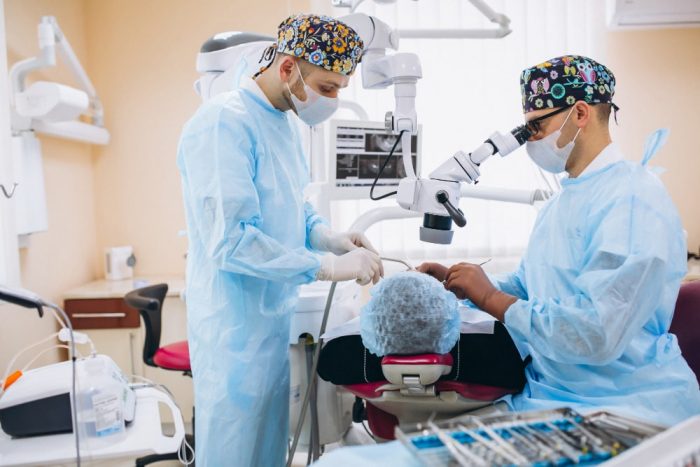
A cataract is a normal aging process of the clear lens which becomes opaque and the patient has a gradual decrease in vision. Patients may have glare-like symptoms, rainbow around lights, and severe loss of vision depending upon the degree of cataract of the patient.
Mature cataracts need to be removed as soon as possible as they can lead to a rise in pressure in the eye and ensuing complications. There are different types of cataracts depending upon the density of the nucleus and zone of opacity. Surgery is the only way to remove the opaque lens and replace it with an artificial clear lens.
Cataract surgery will improve the quality of vision but in rare circumstances, the patient may not find improvement in vision after cataract surgery if the retina or optic nerve of the patient is not working properly. Dense cataracts may prevent preoperative assessment of these conditions, best cataract surgeon in Kolkata. The occurrence of black spots in front of the eyes is a natural phenomenon and can happen at any age.
Patients may sometimes find this more after cataract surgery as the self-appreciation of these floaters increase after cataract surgery as more light enters the eye. Some patients may feel side vision obstruction after cataract surgery. This is called negative dysphotopsae and happens due to light and lens edge interaction. This usually settles down in one-year time. The need to wear a glass after a cataract depends on the choices of IOL done preoperatively. Each eye is unique and in spite of best efforts, patients may need to wear glasses after cataract surgery.
Postoperative recovery usually takes 2 weeks but, in some cases, may extend up to 6-8 weeks which would mean prolonged medication use. One of the reasons for prolonged recovery is the collection of fluid in the retina a condition called CYSTOID MACULAR OEDEMA. This condition needs prolonged topical medication.
Postoperative dryness after any eye surgery is common and can result in symptoms like foreign body sensation, irritation, and mild haziness in vision, The best cataract surgeon in Kolkata. This is usually treated by lubricant eye drops over a period of 3-4 months.
Very rarely patients may develop a condition of posterior vitreous detachment (PVD) where patients may experience visual obstruction and various figures along with flashes of light. This condition is a natural aging process that will settle down with time but needs follow-up with retinal examination.
3. PEDIATRIC GLAUCOMA SURGERY
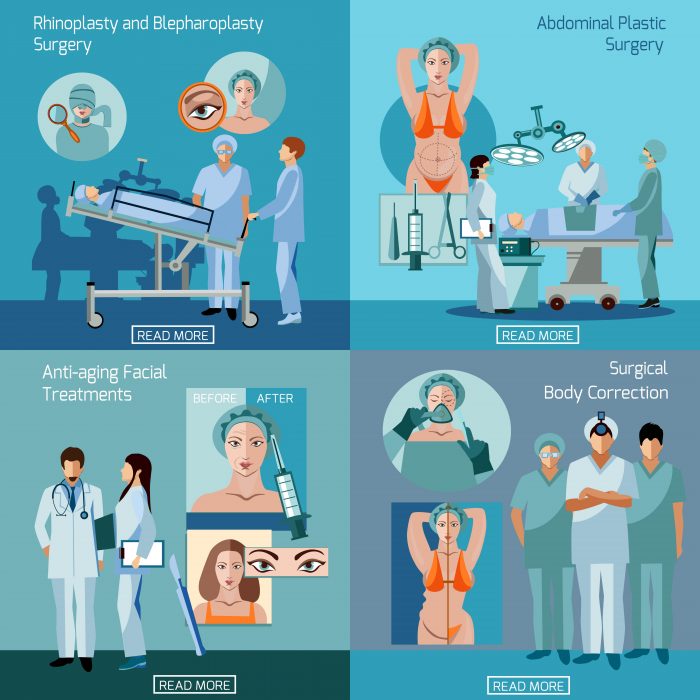
How does the trabeculectomy work?
A trabeculectomy creates a new passageway for the fluid that the eye produces to leave the eye more easily and be reabsorbed by the tissues surrounding the eye. Sometimes healing and scar tissue can reduce flow through the new drainage channel. Medications applied at the time of the operation or used in the office shortly after the surgery help to prevent scar tissue from forming, best cataract surgeon in Kolkata.
There are also special devices that can be used along with a trabeculectomy surgery to try to maintain the passageway and regulate the rate of fluid escape. You will be given detailed instructions after your surgery that are specific to your eye’s needs. In general, the following guidelines apply:
The plastic shield should be worn while sleeping for 2 or more weeks after surgery to protect the eye. While outside during the day, sunglasses should be worn to protect the eye from the sun and wind. For the first few weeks, avoid strenuous activities (running, lifting more than 10 pounds), bending, rubbing the eye, wearing eye makeup, and swimming. There are no restrictions on reading, watching TV, using your phone, tablet device, computer, etc but you may tire more easily during these activities.
What are the possible side effects of trabeculectomy surgery?
Possible complications may include, infection, bleeding in the front or back part of the eye, the buildup of fluid between the choroid (inner layer of blood vessels) and the sclera (white outer layer of the eyeball), very low eye pressure, wound leak, best cataract surgeon in Kolkata, need for additional surgical intervention, and other eye surgery complications. In some patients, the eye pressure may increase and an additional surgical procedure in the eye to release scar tissue (needling) at the site of the surgery may be required. However, for many patients, the risk of surgery is lower than the risk of losing vision from glaucoma.
What happens if trabeculectomy does not work?
In case of early failure, breaking the scar at the site of surgery and injection of the anti-scar medication may restore the flow. Starting or adding glaucoma medications may keep your eye pressure controlled.
If trabeculectomy fails and eye pressure is elevated despite using glaucoma medications, the surgical revision of the surgery site to remove the formed scar tissue, tube shunt surgery, best cataract surgeon in Kolkata, and a specific type of laser (cyclophotocoagulation) can be employed to lower the eye pressure.
Will Trabeculectomy cure my glaucoma?
The simple answer is “no”. Glaucoma is a chronic disease that requires constant monitoring and treatment. The trabeculectomy procedure will help to lower your eye pressure. However, it will not reverse any loss of vision that has already occurred
4. STRABISMUS SURGERY
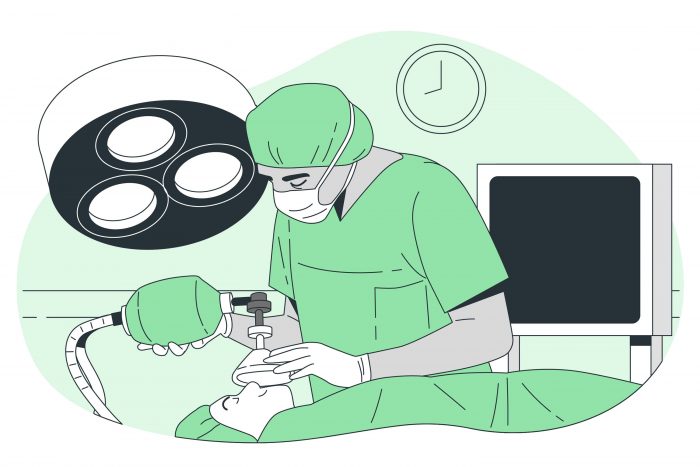
Patient information about Strabismus Surgery
Eye muscle surgery is surgery to correct strabismus (eye misalignment) or nystagmus (eye wiggling). The surgery involves moving one or more of the eye muscles to adjust the position of the eye or eyes. Eye muscle surgery may be done as an outpatient procedure on the Same Day.
RISKS ASSOCIATED WITH STRABISMUS SURGERY
The most common risk of strabismus surgery is a partial or complete failure to correct the condition and/or its effects, including associated symptoms such as double vision. In general, the more complicated the strabismus and its associated conditions, the more difficult it is to completely control the deviation and its effects.
Because the visual system is complex, involving much of the brain, repositioning the extraocular muscles cannot be expected to resolve all problems associated with strabismus. In particular, the potential for binocular teaming of the eyes is known to have a significant effect; that is, the best cataract surgeon in Kolkata, if binocular vision can be achieved or recaptured, the likelihood of additional surgery diminishes.
The net effect is that additional surgery is required in a significant number of cases; the likelihood of more than one surgery, depending on a number of factors, can range from as low as 10% to 50% or more, with an average of between 20 and 25 percent. Most other complications, including anesthetic problems, infection, and potential loss of vision are rare.
Benefits of Strabismus (Eye Muscle) Surgery:
The benefits of surgery are aligned with the goals of surgery and may vary from person to person. Alignment of the eyes may make amblyopia therapy less intense.
Proper alignment may eliminate a range of symptoms such as double vision, eye strain, or fatigue, and restore the normal relationships between the eyes themselves and other facial structures, best cataract surgeon in Kolkata. Only the patient and his family, with the advice of their doctor, can determine if these benefits warrant undergoing strabismus surgery.
Pre-operative instructions
Eye muscle surgery requires general anesthesia to make your child sleep during the procedure. With general anesthesia, there are important rules for eating and drinking that must be followed in the hours before the surgery, by the best cataract surgeon in Kolkata.
The surgery can range from 45 minutes to 2 hours depending on the type of eye muscle surgery your child needs, The best doctor for cataract surgery is in Kolkata. Recovery from anesthesia may take several hours. Milflox eye drop is to be instilled in the eyes for surgery 4 times 3 days before surgery.
5. ADULT GLAUCOMA SURGERY
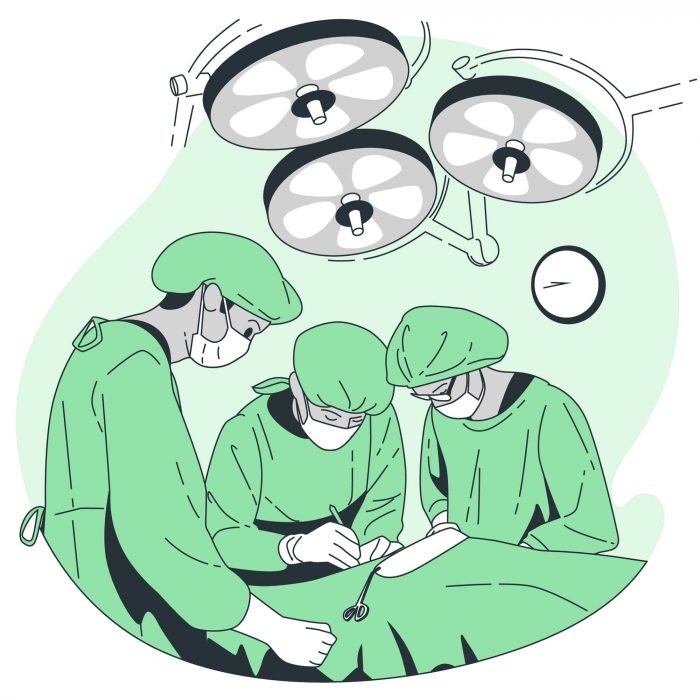
A cataract is a normal aging process of the clear lens which becomes opaque and the patient has a gradual decrease in vision. Patients may have glare-like symptoms, rainbow around lights, and severe loss of vision depending upon the degree of cataract of the patient.
Mature cataracts need to be removed as soon as possible as they can lead to a rise in pressure in the eye and ensuing complications. There are different types of cataracts depending upon the density of the nucleus and zone of opacity.
Surgery is the only way to remove the opaque lens and replace it with an artificial clear lens.
Cataract surgery will improve the quality of vision but in rare circumstances, the best cataract surgeon in Kolkata, the patient may not find improvement in vision after cataract surgery if the retina or optic nerve of the patient is not working properly. Dense cataracts may prevent
preoperative assessment of these conditions. The occurrence of black spots in front of the eyes is a natural phenomenon and can happen at any age. Patients may sometimes find this more after cataract surgery as the self-appreciation of these floaters increases after cataract surgery as more light enters the eye. Some patients may feel side vision obstruction after cataract surgery.
This is called negative dysphotopsae and happens due to light and lens edge interaction. This usually settles down in one-year time. The need to wear a glass after a cataract depends on the choices of IOL done preoperatively. Each eye is unique and in spite of best efforts, patients may need to wear glasses after cataract surgery.
Postoperative recovery usually takes 2 weeks but, in some cases, may extend up to 6-8 weeks which would mean prolonged medication use, The best cataract surgeon in Kolkata. One of the reasons for prolonged recovery is the collection of fluid in the retina a condition called CYSTOID MACULAR OEDEMA. This condition needs prolonged topical medication.
Postoperative dryness after any eye surgery is common and can result in symptoms like foreign body sensation, irritation, and mild haziness in vision, The best cataract surgeon in Kolkata. This is usually treated by lubricant eye drops over a period of 3-4 months. Very rarely patients may develop a condition of posterior vitreous detachment (PVD) where patients may experience visual obstruction and various figures along with flashes of light. This condition is a natural aging process that will settle down with time but needs follow-up with retinal examination.
6. PHACOEMULSIFICATION
Eye Specialist for Children in Kolkata
Frequently Asked Questions (FAQs)
Here are some FAQs about the best cataract surgeon in Kolkata:
Q1. What is a cataract surgeon?
A cataract surgeon is an ophthalmologist who specializes in cataract surgery. Cataract surgery is a procedure to remove the cloudy lens in the eye and replace it with an artificial lens.
Q2.How do I find the best cataract surgeon in Kolkata?
Here are some things to consider when choosing a cataract surgeon:
- Experience: The surgeon should have many years of experience performing cataract surgery.
- Training: The surgeon should be board-certified in ophthalmology.
- Location: The surgeon should be located in a convenient location for you.
- Technology: The surgeon should use the latest technology in cataract surgery.
- Reviews: Read reviews from other patients to get an idea of the surgeon’s skills and bedside manner.
Q3. Who is the best doctor to remove cataracts?
The best doctor to remove cataracts is typically an ophthalmologist, specifically a cataract surgeon. Cataract surgery is a highly specialized procedure that involves removing the cloudy lens from the eye and replacing it with an artificial intraocular lens (IOL), The best cataract surgeon in Kolkata. Here are some key points to consider when choosing the best doctor for cataract surgery:
- Board Certification: Look for an ophthalmologist who is board-certified. This certification ensures that the surgeon has met specific standards of education, training, and competency.
- Experience: Experience matters in cataract surgery. A surgeon who has performed a high volume of cataract surgeries is often more skilled and proficient in the procedure.
- Patient Reviews: Reading reviews and testimonials from previous cataract surgery patients can provide valuable insights into the surgeon’s reputation and patient satisfaction.
- Referrals: Your primary care physician or optometrist can often recommend a trusted cataract surgeon based on their professional network and patient feedback.
- Technology and Facilities: Consider a surgeon who uses the latest technology and operates in a well-equipped surgical facility. Advanced technology can improve the precision and safety of the procedure.
- Personal Consultation: Schedule a consultation with the surgeon to discuss your specific needs, concerns, and expectations. This will allow you to gauge their communication skills and whether you feel comfortable with them.
- Insurance Coverage: Check with your health insurance provider to ensure the chosen surgeon is in-network, which can help reduce your out-of-pocket costs.
Ultimately, the best doctor for cataract removal will vary based on your individual preferences and needs. It’s important to do your research, seek recommendations, and consult with potential surgeons to make an informed decision about your cataract surgery.
Q4. What is the cost of cataract surgery in Kolkata?
The cost of cataract surgery in Kolkata can vary depending on several factors, including the type of surgery, the choice of hospital or clinic, the surgeon’s experience, the best cataract surgeon in Kolkata, and the type of intraocular lens (IOL) used. Here are some general guidelines to help you understand the cost:
-
Basic Cataract Surgery: On average, the cost of basic cataract surgery in Kolkata can range from INR 10,000 to INR 50,000 per eye. This typically includes the surgery, standard IOL, pre-operative and post-operative care, and medications.
-
Advanced Cataract Surgery: Advanced techniques like laser-assisted cataract surgery or premium IOLs (multifocal, toric, etc.) can significantly increase the cost. Prices for such procedures may range from INR 50,000 to INR 1,50,000 per eye or more.
-
Hospital Choice: The choice of hospital or eye clinic can also impact the cost. Well-established, reputed hospitals may charge higher fees than smaller clinics.
-
Surgeon’s Fee: The surgeon’s experience and reputation can affect the cost. Highly experienced surgeons may charge more for their services.
-
Additional Costs: Be aware of potential additional costs, such as pre-operative tests, anesthesia fees, and follow-up appointments.
-
Insurance Coverage: Some health insurance policies may cover a portion of the cataract surgery cost. It’s essential to check with your insurance provider for details.
-
Government Schemes: In India, various government schemes and initiatives may offer subsidized or free cataract surgery for eligible individuals. Check with local healthcare authorities for information on such programs.
-
Packages and Discounts: Some hospitals offer cataract surgery packages that include all necessary expenses at a fixed price. Look for any available discounts or special offers.
-
Geographic Location: Prices can vary based on the specific location within Kolkata. Hospitals in the city center may charge more than those in the suburbs.
Q5. What is the most popular type of cataract surgery?
The most popular type of cataract surgery is called “Phacoemulsification,” often referred to as “phaco.” This surgical procedure involves the use of a small incision and an ultrasound device to break up and remove the cloudy lens affected by cataracts. Phacoemulsification is favored for its minimally invasive nature, rapid recovery time, and relatively low risk of complications, best cataract surgeon in Kolkata. It has become the standard technique for cataract surgery in recent years, replacing older methods like extracapsular cataract extraction (ECCE) and intracapsular cataract extraction (ICCE). Phacoemulsification allows for quicker visual rehabilitation and is associated with high success rates, making it the most popular choice for cataract surgery worldwide.
Q6. What are the risks of cataract surgery?
The risks of cataract surgery are rare, but they can include:
- Infection
- Bleeding
- Retinal detachment
- Glaucoma
- Dry eye
Q7. What is the best time of year to have cataract surgery?
The best time of year to have cataract surgery is during the winter months. This is because the weather is usually milder, which can help to reduce the risk of complications.
Q8. What is the most recommended cataract surgery?
The most recommended cataract surgery is laser-assisted cataract surgery (LASIK). LASIK is a minimally invasive procedure that uses a laser to remove the cataract.
Q9. How long does cataract surgery take?
Cataract surgery typically takes about 15 minutes per eye.
Q10. How long does it take to recover from cataract surgery?
Most people can go home on the same day as their surgery. However, it may take a few weeks for your vision to fully recover.
